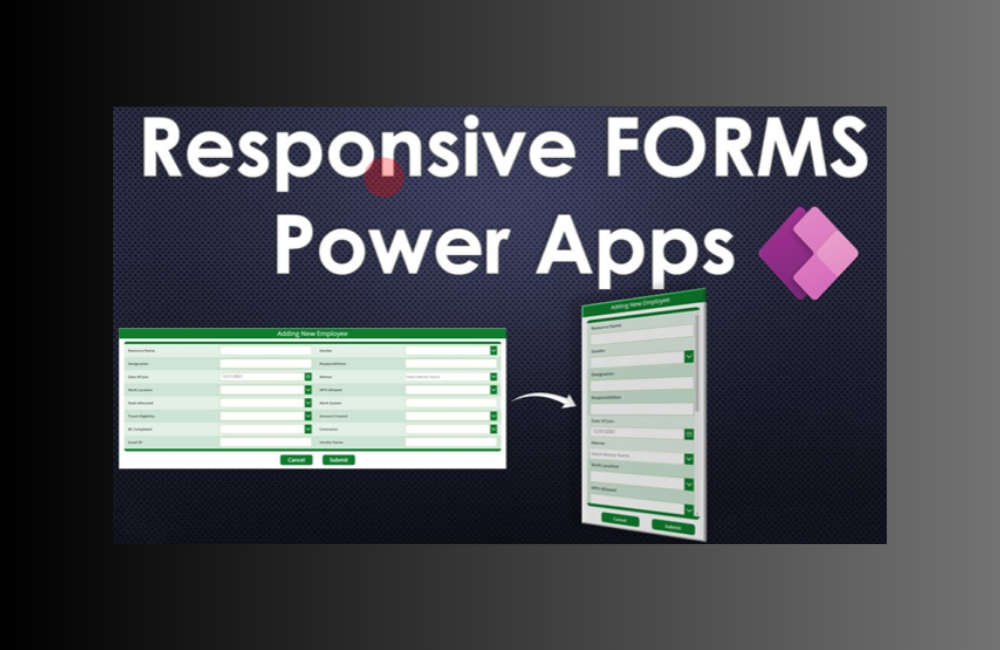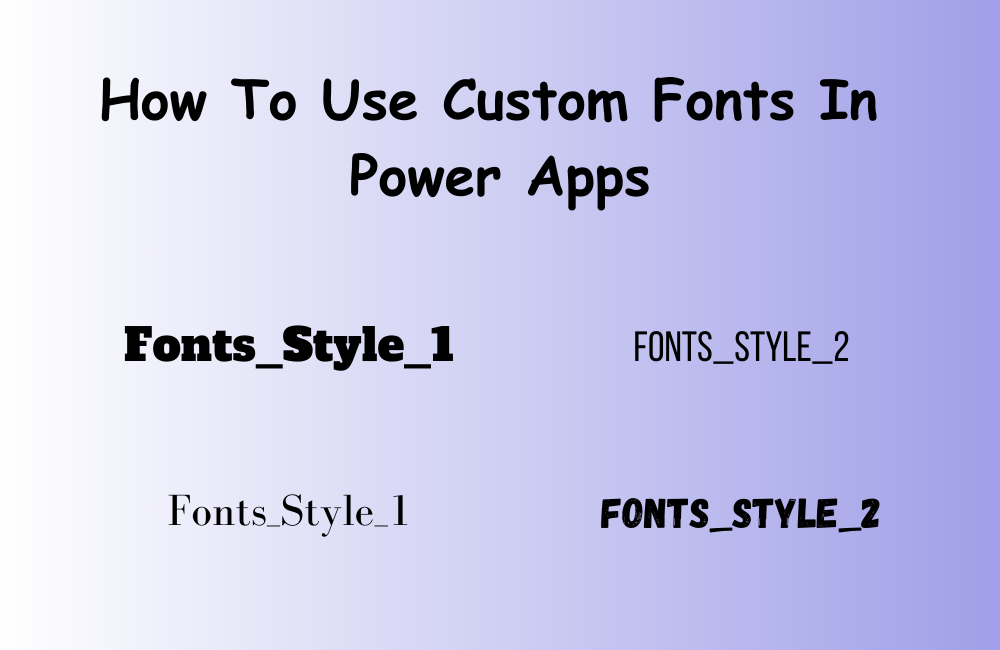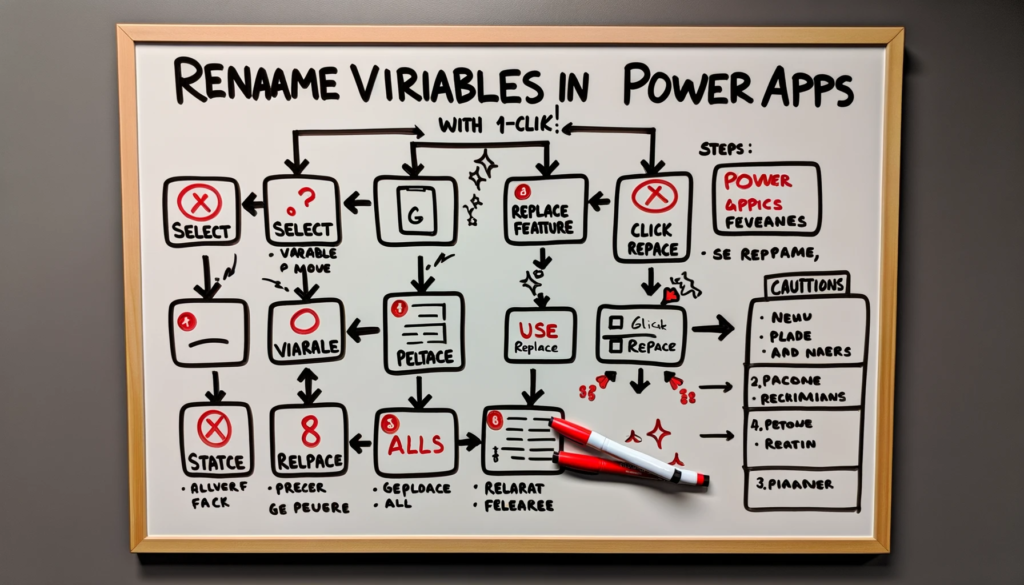PowerApps Print: Create and Save Canvas App Screenshots
Dive into the might of PowerApps print functionality. Today, you’ll learn how to effortlessly capture screenshots from a canvas app. This skill is essential when you want to share a specific app screen for reporting or just to keep for future reference.
Introduction
Tap into the PowerApps Canvas App Screenshot tool and share your app designs with ease. PowerApps offers a vibrant platform for crafting mobile and desktop applications. However, sometimes, capturing a single screen as an image might feel tricky. So, here’s our comprehensive guide that’ll show you how to let users grab those app screenshots. Moreover, if you face any technical challenges, our expert team stands by to help.expert team
Harnessing the Power of PowerApps Canvas App Screenshot:
A Step-by-Step Guide to Integrate PowerApps Canvas App Screenshot
Utilizing the Canvas App Screenshot Component:
Ritika Agarwal designed an enhanced feature for this. She used the fundamental HTML capabilities to grab a canvas screen.
Installation of the Screenshot Component
Start by downloading the Screenshot component solution file. After you get it, jump into the Power Apps maker portal. From there, head to the Solutions section. Next, choose the ‘Import’ option.
Integrating the Screenshot Component in a Canvas App
Once you’ve installed it, your next move is to add this screenshot component to your canvas app. To do this, open the insert panel. After that, tap on the ‘Get more components’ link. Then, on the ‘Import components’ panel, move to the ‘Code’ tab and add the screenshot component.
Configuring the Screenshot Component
When you’ve integrated it, position the component on the screen you aim to capture. By default, the component offers an “Export to Excel” button. However, you can easily rename it to “Save screenshot” by tweaking the Property_ButtonText property. Additionally, you can customize its font and colors to your liking.
Executing the Screenshot Function
Press the screenshot button. Immediately, you’ll get the screen captured as a base 64 encoded image. To store this image, use the formula:
Set(varScreenshot, screenshot1.OutPut)
To see the captured screenshot, integrate an image control and link its Image property to varScreenshot.
Sending the Screenshot via Email
One of the beauties of PowerApps is its versatility. Not only can you snap screens, but you can also send them via email in a snap. Use the Office365 connector and the syntax below to shoot an email with the screenshot attached:
Office365Outlook.SendEmailV2(
"[email protected]",
"Email Subject",
"Email Body",
{
Attachments: Table(
{
Name: "Screenshot.jpg",
ContentBytes:screenshot1.OutPut
}
)
,
Importance: "Normal"
}
)
Saving the Screenshot to a Data Source
For future reference, you might want to keep these images. One popular way is by saving the base 64 encoded image to a SharePoint multi-line text field. You can achieve this using the formula:
Patch(Screenshots,
Defaults(Screenshots),
{
Title:"ScreenshotTitle",
ScreenshotData:screenshot1.OutPut
}
)
Reference: Patch function in Power Apps
To display the stored screenshot later, use a gallery control. This tool showcases the screenshot along with any other saved images.
Conclusion
Wrapping up, the PowerApps Canvas App Screenshot tool is transforming the developer and user experience. The PowerApps print feature, especially the canvas app screenshot aspect, is reshaping user-platform interactions. Thanks to Ritika Agarwal,s contribution, screenshot capturing is now effortless.






